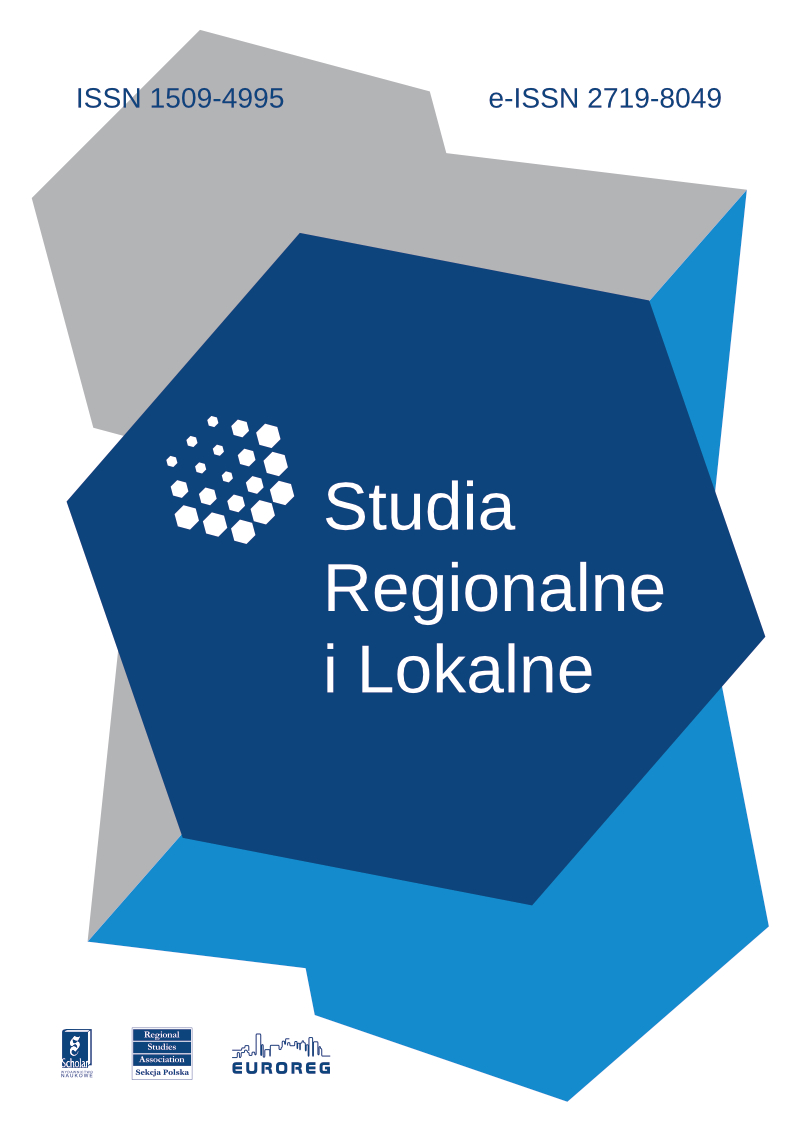Published in
2(44)/2011

- Maria HalamskaThe Polish countryside in the process of transformation 1989–2009: A differing pace of modernization[more]
- Bohdan JałowieckiUrban Studies: Between history and theory[more]
- Urszula MałyszkaWiesław Musiał (red.), 2010, Czynniki rozwoju obszarów wiejskich w gospodarce opartej na wiedzy, Kraków: Wydawnictwo Uniwersytetu Rolniczego, 267 s. (recenzja)[more]
- Monika Mularska-KucharekTrust – A fundamental component of social life. A study of the Lodz Voivodeship[more]
- Maciej J. NowakJan Maciej Chmielewski, Grzegorz Węcławowicz (red.), 2010, Studium uwarunkowań i kierunków zagospodarowania przestrzennego a miejscowe plany zagospodarowania przestrzennego, Biuletyn Komitetu Przestrzennego Zagospodarowania Kraju PAN, z. 245 (recenzja) Warszawa: KPZK PAN, 128 s.[more]
- Robert PykaLocal governance as an example of de-hierarchization of the decision-making process and a new form of social dialogue[more]
- Tomasz Skica, Andrzej Kiebała, Tomasz WołowiecStimulating local competitiveness of communities: The case of the tax on means of transport[more]
- Roman SzulWendelin Strubelt (red.), 2010, Der gebändigte Raum. Bilder und Texte zur Raumnutzung in Deutschland, fot. Jürgen Hohmuth, Bonn, Tübingen: Wasmuth Verlag, 210 s. (recenzja)[more]
- Paweł Tomaszewski, Janusz Zaleski, Marek ZembatyThe expected effects of the EU cohesion policy on the regional level in Poland[more]
- Dorota Węziak-BiałowolskaThe human capital of different socio-economic groups in Poland and in the Podkarpackie Voivodeship[more]


